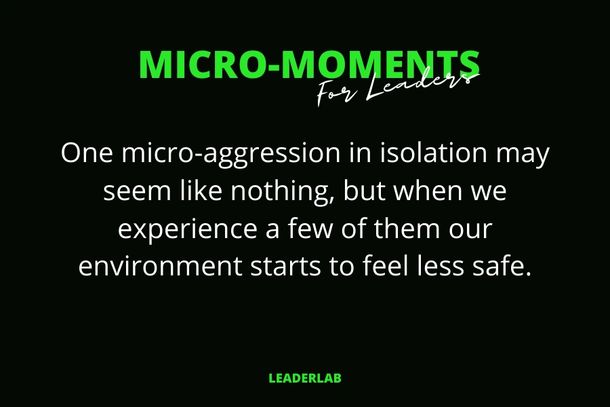Amplifying psychological safety@work
Check out our dedicated site... www.psychsafety.com.au
What about judged, shamed, passed over, or neglected? If you've been there, then your work environment was not psychologically safe which likely resulted in paralysing performance, low initiative, and smothered innovation. Sounds like an employer of choice that we'd all love to work with, right? NOT!
"When a work environment has high psych safety, good things happen; mistakes are reported quickly so that prompt corrective action can be taken; seamless coordination across groups or departments is enabled, and potentially game-changing ideas for innovation are shared."
Prof Amy Edmondson, The Fearless Organisation

4 Stages of Psychological Safety
INCLUSION SAFETY
How do you make others feel included?
LEARNER SAFETY
How do you make others feel safe and motivated to learn?
CONTRIBUTOR SAFETY
How do you make others feel safe enough to contribute and make a difference?
CHALLENGER SAFETY
How do you make others feel safe enough to challenge the status quo, innovate, and make things better?
